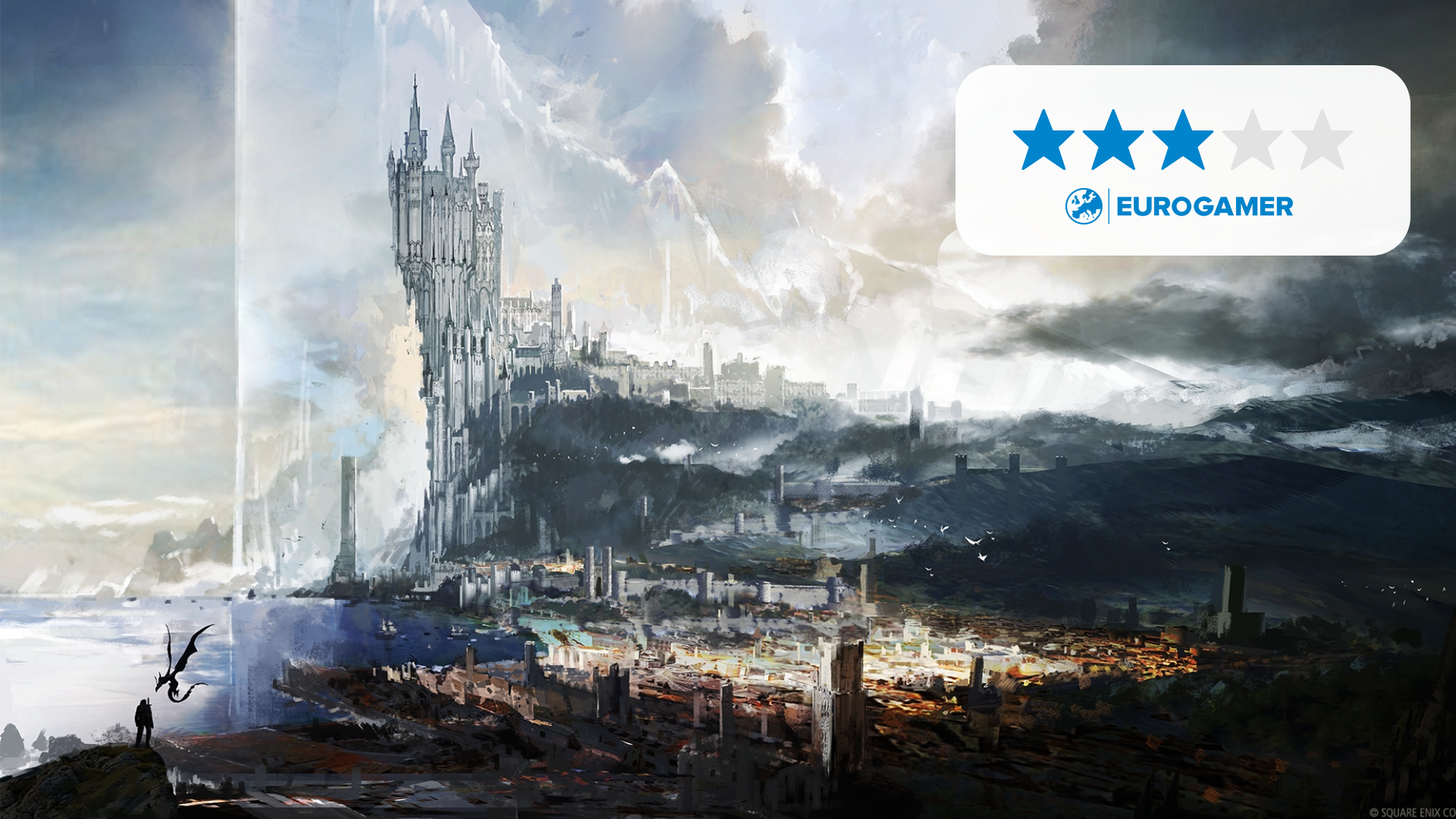The Final Fantasy games are so-called because the very first instalment was to be Square’s swansong, its last release before going bankrupt. Another way of explaining that triumphantly ironic title is that each Final Fantasy is about journeying in the shadow of final fantasy – the apocalypse. In being stories about saving the world, each game also asks you to spend untold hours living with the prospect of its demise. They all explore how people buckle or find themselves when they’re obliged to exist in a climate of pervasive anxiety.
Final Fantasy 16 reviewDeveloper: Square EnixPublisher: Square EnixPlatform: Played on PS5Availability: Out 22 June on PS5.
I think this atmosphere of encroaching crisis, with its abundant real world parallels, has played an unacknowledged role in Final Fantasy’s appeal over the years. And it’s this atmosphere, I think, that really binds together a series celebrated for constantly reinventing itself, from turn-based combat through rhythm-game spectacle to, in the case of Final Fantasy 16, a conflicted but enjoyable hack-and-slash with some engaging writing, beautiful if slightly soulless locations, and a heck of a lot of toing-and-froing.
Final Fantasy generally tells its story from the perspective of the younger generation, who must wrestle with a corrupt regime of tyrants and gods or would-be gods. In FF16’s case, you play Clive Rosfield, buffest and gruffest son of the backwater duchy of Rosaria, whose younger brother Joshua is a Dominant – one of a privileged few who can channel the power of Eikons, mystical monsters inspired by the summons of previous games.
Clive and Joshua’s story begins with an ignoble border skirmish for control of a Mothercrystal, a mountain-sized gemstone whose fragments confer magical powers – the latest of Final Fantasy’s metaphors for fossil fuel. But their tale soon spills over to encompass the entire realm of Valisthea, a quasi-medieval continent threatened on the one hand by warring dynasties and their Dominants, and on the other by a spreading Blight that renders the earth unlivable. As in many Final Fantasies, this world’s apocalypse is entangled with a goofy rendition of systematic injustice. People able to cast magic without using crystals are objects of fear and envy: they’re branded at birth as Bearers, and treated as slaves. Also as in many Final Fantasies, there’s a larger, metaphysical menace waiting in the wings.
